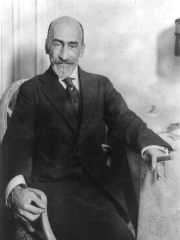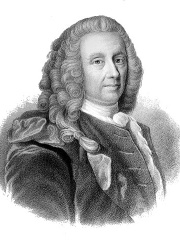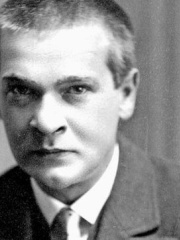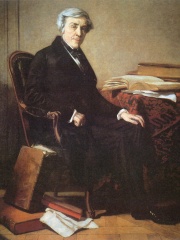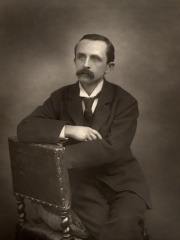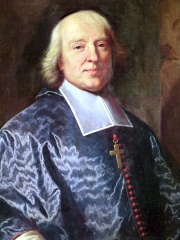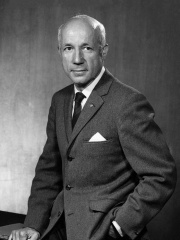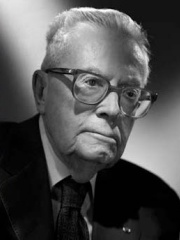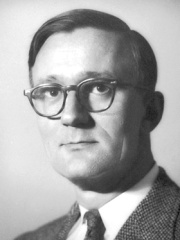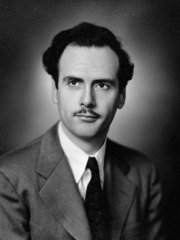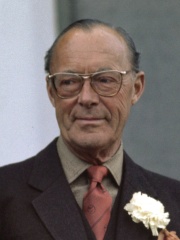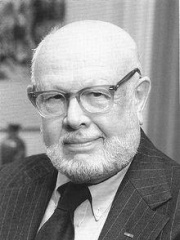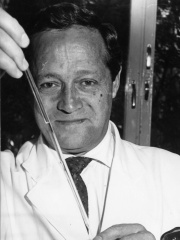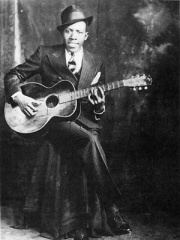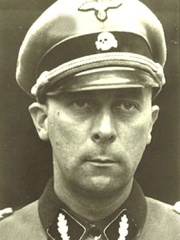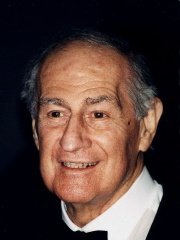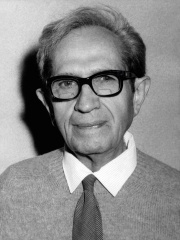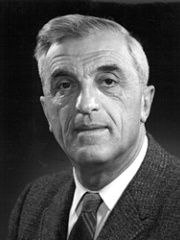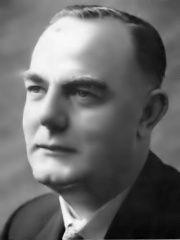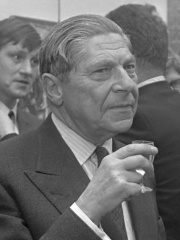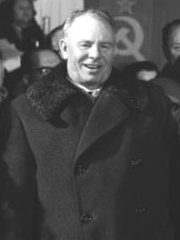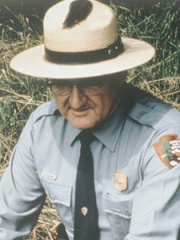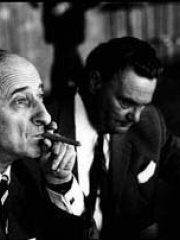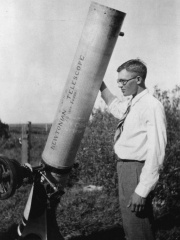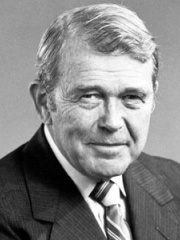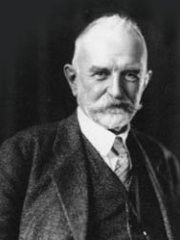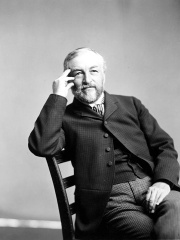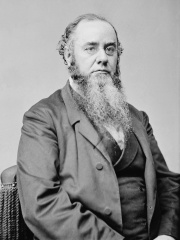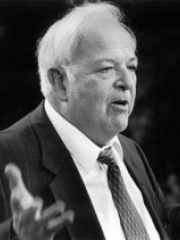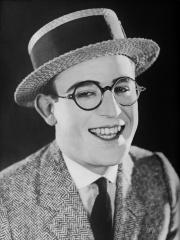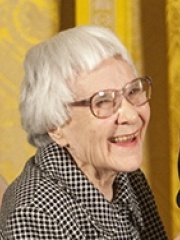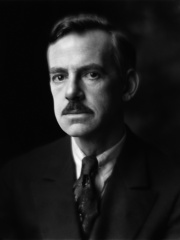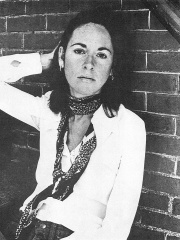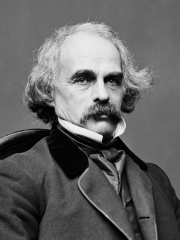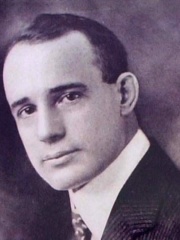Писатель
Tennessee Williams
1911 - 1983
RU.WIKIPEDIA PAGE VIEWS (PV)

 Tennessee Williams
Tennessee Williams
Его биография доступна на 77 различных языках в Википедии. Tennessee Williams занимает 528-е место среди самых популярных писатель (снижение с 521-е места в 2024 году), занимает 666-е место среди самых популярных биографий из Соединенные Штаты (снижение с 534-е места в 2019 году) и занимает 56-е место среди писатель Соединенные Штаты.
Memorability Metrics
Page views of Tennessee Williams by language
Among Писатель
Among писатель, Tennessee Williams ranks 528 out of 7,302. Before him are William S. Burroughs, Novatian, G. K. Chesterton, Jacinto Benavente, Ludvig Holberg, and Georg Trakl. After him are Jules Michelet, J. M. Barrie, Vasily Grossman, Richard Bach, Pierre de Ronsard, and Jacques-Bénigne Bossuet.
Most Popular Писатель in Wikipedia
Go to all RankingsWilliam S. Burroughs
1914 - 1997
HPI: 72.47
Rank: 522
Novatian
220 - 258
HPI: 72.46
Rank: 523
G. K. Chesterton
1874 - 1936
HPI: 72.44
Rank: 524
Jacinto Benavente
1866 - 1954
HPI: 72.42
Rank: 525
Ludvig Holberg
1684 - 1754
HPI: 72.42
Rank: 526
Georg Trakl
1887 - 1914
HPI: 72.40
Rank: 527
Tennessee Williams
1911 - 1983
HPI: 72.40
Rank: 528
Jules Michelet
1798 - 1874
HPI: 72.39
Rank: 529
J. M. Barrie
1860 - 1937
HPI: 72.38
Rank: 530
Vasily Grossman
1905 - 1964
HPI: 72.37
Rank: 531
Richard Bach
1936 - Present
HPI: 72.37
Rank: 532
Pierre de Ronsard
1524 - 1585
HPI: 72.37
Rank: 533
Jacques-Bénigne Bossuet
1627 - 1704
HPI: 72.34
Rank: 534
Contemporaries
Among people born in 1911, Tennessee Williams ranks 29. Before him are Melvin Calvin, Maurice Allais, Jack Ruby, Polykarp Kusch, Marshall McLuhan, and Prince Bernhard of Lippe-Biesterfeld. After him are William Alfred Fowler, Niels Kaj Jerne, Feodor Lynen, Robert Johnson, Wilhelm Mohnke, and Gian Carlo Menotti. Among people deceased in 1983, Tennessee Williams ranks 14. Before him are Hergé, Albert Claude, Felix Bloch, Idris of Libya, Jon Brower Minnoch, and John Vorster. After him are Benigno Aquino Jr., David Niven, Arthur Koestler, Nikolai Podgorny, Roy Sullivan, and Raymond Aron.
Others Born in 1911
Go to all RankingsMelvin Calvin
CHEMIST
1911 - 1997
HPI: 73.09
Rank: 23
Maurice Allais
ECONOMIST
1911 - 2010
HPI: 73.08
Rank: 24
Jack Ruby
MAFIOSO
1911 - 1967
HPI: 72.96
Rank: 25
Polykarp Kusch
PHYSICIST
1911 - 1993
HPI: 72.84
Rank: 26
Marshall McLuhan
PHILOSOPHER
1911 - 1980
HPI: 72.78
Rank: 27
Prince Bernhard of Lippe-Biesterfeld
POLITICIAN
1911 - 2004
HPI: 72.66
Rank: 28
Tennessee Williams
WRITER
1911 - 1983
HPI: 72.40
Rank: 29
William Alfred Fowler
ASTRONOMER
1911 - 1995
HPI: 71.45
Rank: 30
Niels Kaj Jerne
PHYSICIAN
1911 - 1994
HPI: 71.41
Rank: 31
Feodor Lynen
CHEMIST
1911 - 1979
HPI: 71.36
Rank: 32
Robert Johnson
MUSICIAN
1911 - 1938
HPI: 71.25
Rank: 33
Wilhelm Mohnke
MILITARY PERSONNEL
1911 - 2001
HPI: 71.08
Rank: 34
Gian Carlo Menotti
COMPOSER
1911 - 2007
HPI: 71.01
Rank: 35
Others Deceased in 1983
Go to all RankingsHergé
COMIC ARTIST
1907 - 1983
HPI: 75.44
Rank: 8
Albert Claude
BIOLOGIST
1899 - 1983
HPI: 74.29
Rank: 9
Felix Bloch
PHYSICIST
1905 - 1983
HPI: 73.57
Rank: 10
Idris of Libya
POLITICIAN
1889 - 1983
HPI: 73.19
Rank: 11
Jon Brower Minnoch
CELEBRITY
1941 - 1983
HPI: 73.17
Rank: 12
John Vorster
POLITICIAN
1915 - 1983
HPI: 72.87
Rank: 13
Tennessee Williams
WRITER
1911 - 1983
HPI: 72.40
Rank: 14
Benigno Aquino Jr.
POLITICIAN
1932 - 1983
HPI: 72.33
Rank: 15
David Niven
ACTOR
1910 - 1983
HPI: 72.29
Rank: 16
Arthur Koestler
WRITER
1905 - 1983
HPI: 71.91
Rank: 17
Nikolai Podgorny
POLITICIAN
1903 - 1983
HPI: 71.61
Rank: 18
Roy Sullivan
CELEBRITY
1912 - 1983
HPI: 71.57
Rank: 19
Raymond Aron
PHILOSOPHER
1905 - 1983
HPI: 71.55
Rank: 20
In Соединенные Штаты
Among people born in Соединенные Штаты, Tennessee Williams ranks 666 out of NaN. Before him are Arthur Leonard Schawlow (1921), Chuck Jones (1912), Clyde Tombaugh (1906), Bill Hewlett (1913), George Herbert Mead (1863), and Samuel Pierpont Langley (1834). After him are Angela Davis (1944), Edwin Stanton (1814), Burton Richter (1931), Harold Lloyd (1893), William E. Moerner (1953), and Kamala Harris (1964).
Others born in Соединенные Штаты
Go to all RankingsArthur Leonard Schawlow
PHYSICIST
1921 - 1999
HPI: 72.45
Rank: 660
Chuck Jones
FILM DIRECTOR
1912 - 2002
HPI: 72.44
Rank: 661
Clyde Tombaugh
ASTRONOMER
1906 - 1997
HPI: 72.42
Rank: 662
Bill Hewlett
BUSINESSPERSON
1913 - 2001
HPI: 72.42
Rank: 663
George Herbert Mead
PHILOSOPHER
1863 - 1931
HPI: 72.41
Rank: 664
Samuel Pierpont Langley
INVENTOR
1834 - 1906
HPI: 72.40
Rank: 665
Tennessee Williams
WRITER
1911 - 1983
HPI: 72.40
Rank: 666
Angela Davis
SOCIAL ACTIVIST
1944 - Present
HPI: 72.39
Rank: 667
Edwin Stanton
POLITICIAN
1814 - 1869
HPI: 72.39
Rank: 668
Burton Richter
PHYSICIST
1931 - 2018
HPI: 72.39
Rank: 669
Harold Lloyd
ACTOR
1893 - 1971
HPI: 72.38
Rank: 670
William E. Moerner
CHEMIST
1953 - Present
HPI: 72.38
Rank: 671
Kamala Harris
POLITICIAN
1964 - Present
HPI: 72.38
Rank: 672
Among Писатель In Соединенные Штаты
Among писатель born in Соединенные Штаты, Tennessee Williams ranks 56. Before him are Dan Brown (1964), Harper Lee (1926), Eugene O'Neill (1888), Louise Glück (1943), Nathaniel Hawthorne (1804), and William S. Burroughs (1914). After him are Richard Bach (1936), Robert A. Heinlein (1907), Tom Clancy (1947), Sidney Sheldon (1917), Napoleon Hill (1883), and Maya Angelou (1928).
Dan Brown
1964 - Present
HPI: 73.29
Rank: 50
Harper Lee
1926 - 2016
HPI: 73.28
Rank: 51
Eugene O'Neill
1888 - 1953
HPI: 73.26
Rank: 52
Louise Glück
1943 - 2023
HPI: 72.92
Rank: 53
Nathaniel Hawthorne
1804 - 1864
HPI: 72.52
Rank: 54
William S. Burroughs
1914 - 1997
HPI: 72.47
Rank: 55
Tennessee Williams
1911 - 1983
HPI: 72.40
Rank: 56
Richard Bach
1936 - Present
HPI: 72.37
Rank: 57
Robert A. Heinlein
1907 - 1988
HPI: 72.14
Rank: 58
Tom Clancy
1947 - 2013
HPI: 72.02
Rank: 59
Sidney Sheldon
1917 - 2007
HPI: 71.91
Rank: 60
Napoleon Hill
1883 - 1970
HPI: 71.88
Rank: 61
Maya Angelou
1928 - 2014
HPI: 71.87
Rank: 62



